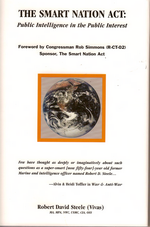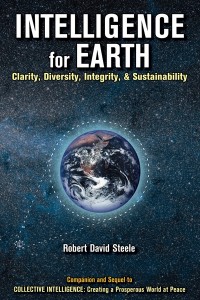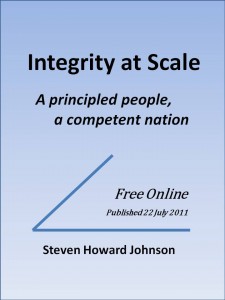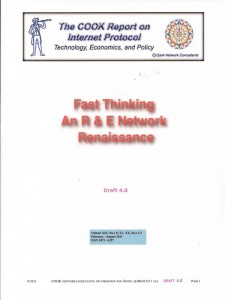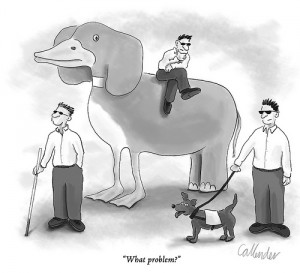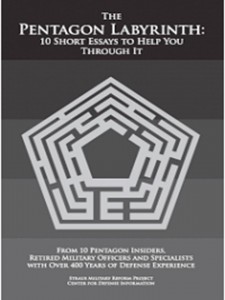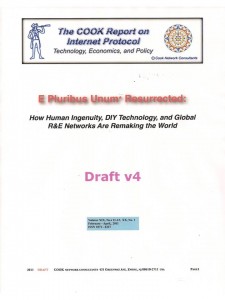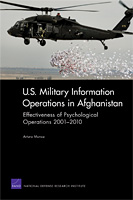 U.S. Military Information Operations in Afghanistan
U.S. Military Information Operations in Afghanistan
Effectiveness of Psychological Operations 2001-2010
The U.S. Marine Corps, which has long recognized the importance of influencing the civilian population in a counterinsurgency environment, requested an evaluation of the effectiveness of the psychological operations (PSYOP) element of U.S. military information operations in Afghanistan from 2001 to 2010 based on how well messages and themes were tailored to target audiences. This monograph responds to that request. It summarizes the diverse PSYOP initiatives undertaken, evaluates their effectiveness, identifies strengths and weaknesses, and describes the way forward, including making certain specific recommendations for improvements. Special attention is paid to how well PSYOP initiatives were tailored to target audiences, primarily the Pashtuns who are the dominant population in the conflictive areas and the main support of the Taliban insurgency. It contains reports of specific operations that were successful in achieving objectives, as well as examples of operations that did not resonate with target audiences and even some that had counterproductive effects. The biggest PSYOP successes were in face-to-face communication and the emphasis on meetings with jirgas (local councils of elders), key-leader engagements, and establishing individual relationships with members of the Afghan media. In addition, the concept of every infantryman as a PSYOP officer proved very effective. The most notable shortcoming was the inability to sufficiently counter the Taliban propaganda campaign against U.S. and coalition forces on the theme of civilian casualties, both domestically and internationally.
Phi Beta Iota: RAND misses the obvious, with deliberation. Don't go to war for a dishonest government that lies to its own public; don't put your troops in harm's way on the basis of lies that cannot be sustained in the public eye. No matter how good the Marine Corps might be at the tactical level, that cannot overcome impeachable acts of treason at the strategic level. This is why Congress has its Article 1 responsibilities, and this is why Congress of the time (and yet today) is impeachable along with the Bush I, Bush II, and Bush III Administrations.

